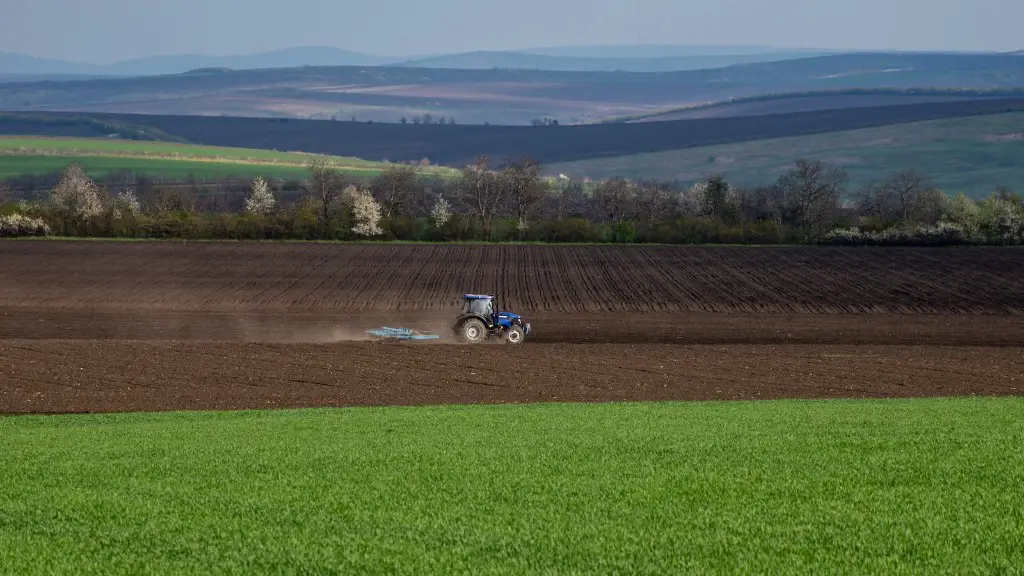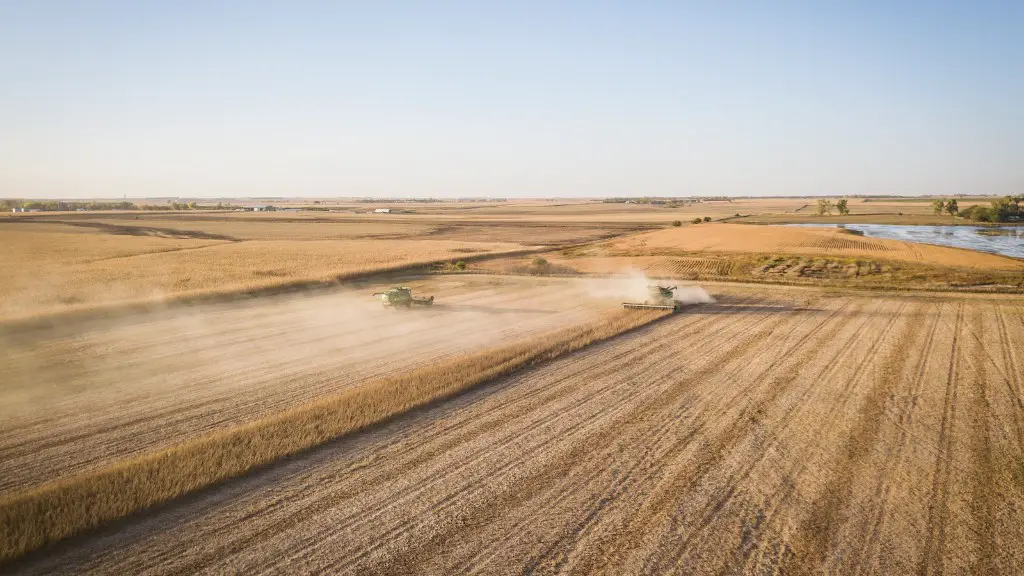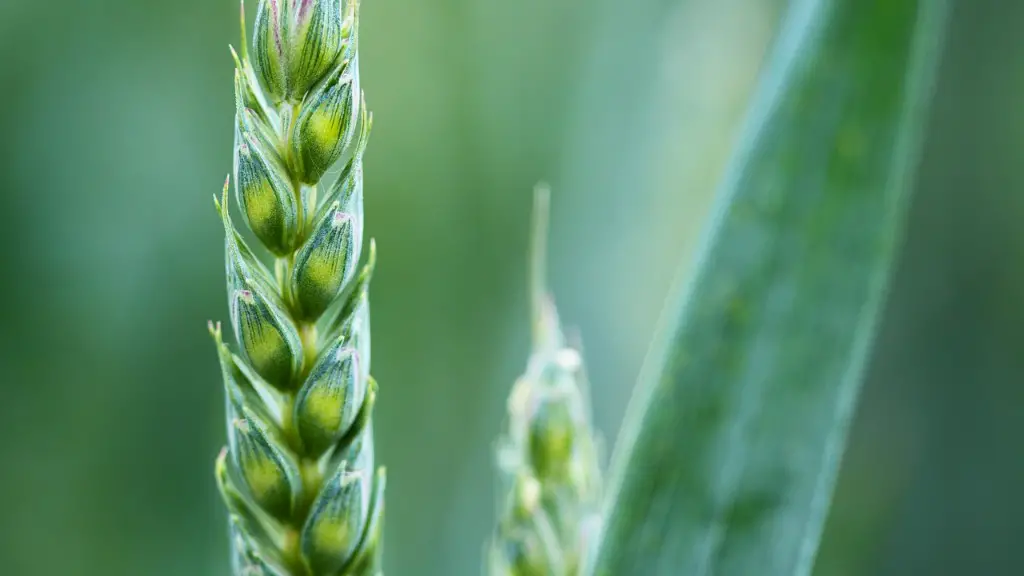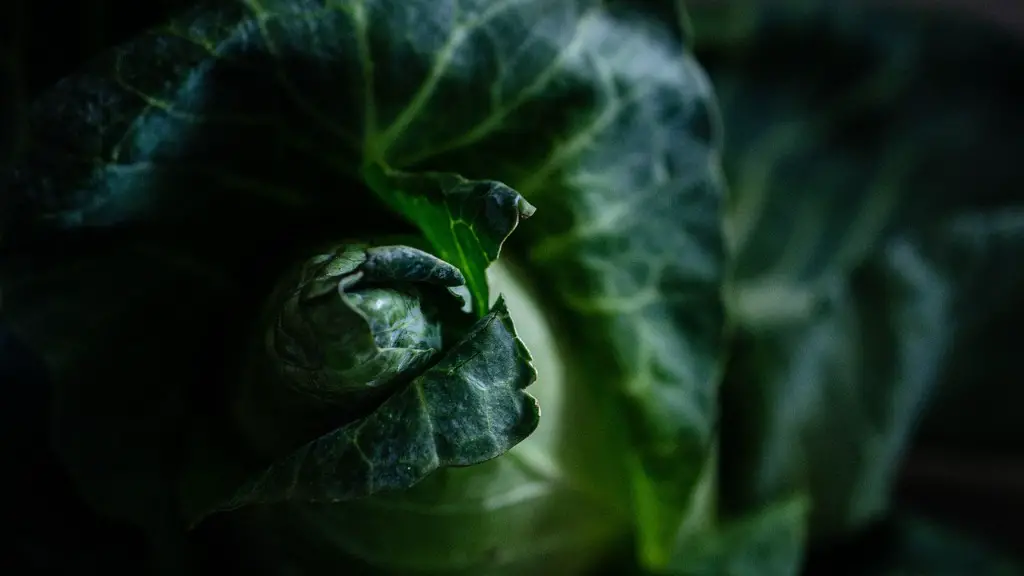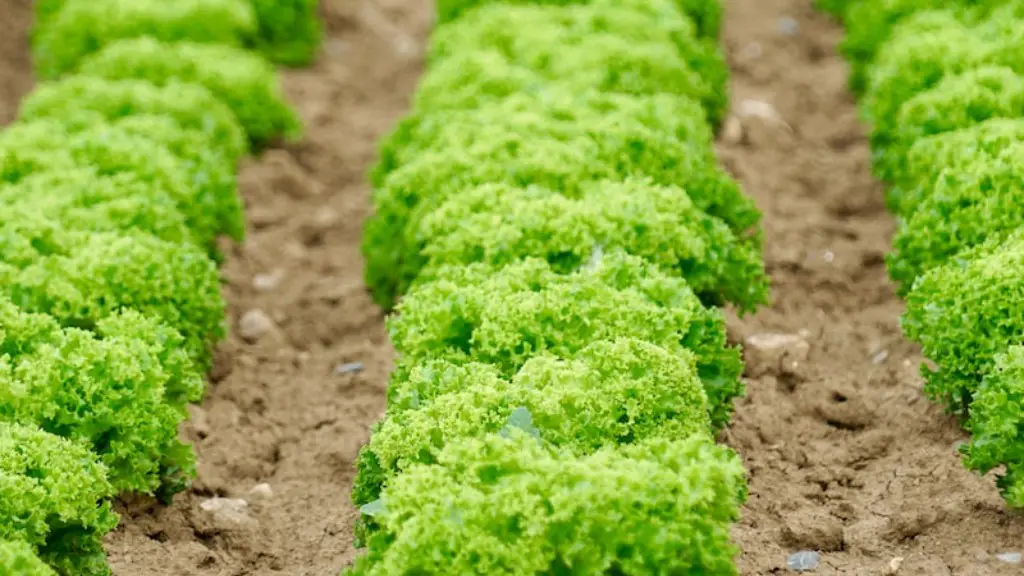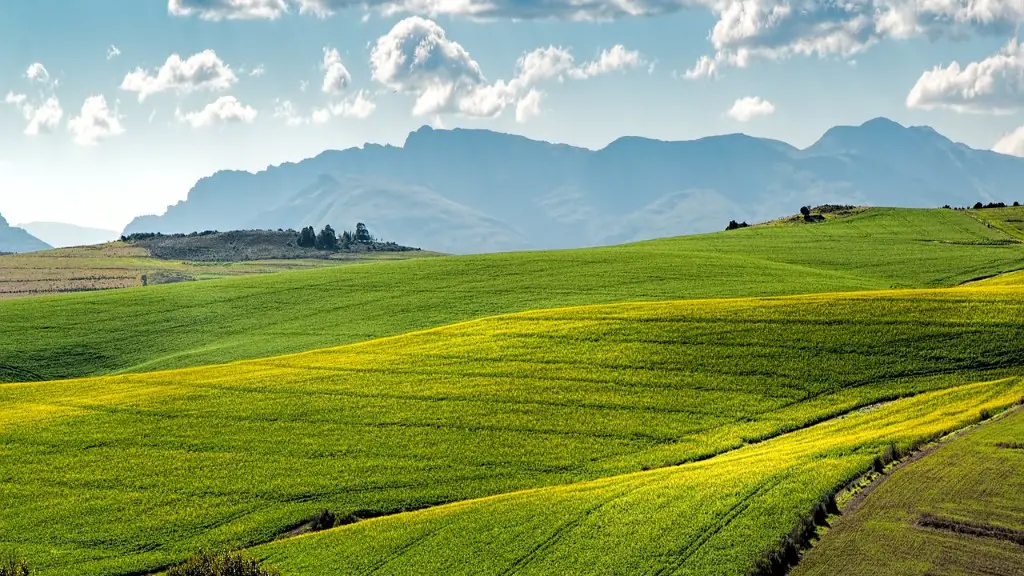Plantation agriculture is a type of farming that involves the cultivation of crops on a large scale. This type of agriculture is typically practiced in regions with warm climates and ample rainfall. Plantation agriculture is typically characterized by the use of mechanized equipment, large fields, and a high degree of chemical inputs.
Plantation agriculture can be either intensive or extensive, depending on the particular plantation. Generally, plantations are large-scale operations, so they tend to be more extensive than intensive. However, some plantations may use more intensive methods, such as monoculture, to maximize output.
What type of agriculture is plantation agriculture?
Plantation agriculture is the removal of forest in order to create land for large-scale commercial growing of one particular crop (such as cocoa, coffee, tea, sugarcane, tobacco, rubber, banana, cotton, and palm oil) It is an intensive farming practice.
Extensive farming is a type of agricultural production that involves the use of relatively low levels of inputs, such as labor, capital, and chemicals, in order to produce crops or livestock. This type of farming is typically practiced in areas with large tracts of land available and relatively low population density. Extensive farming systems are often less intensively managed than other types of agricultural production, and they typically have lower yields.
What are examples of extensive agriculture
Extensive farming practices are those that require large areas of land in order to produce enough food or fiber to support a population. These practices include shifting cultivation, nomadic herding, and ranching. Each of these has its own unique set of challenges and opportunities.
Monoculture crops are defined as a Agricultural production system in which a single crop is grown on a large area of land. The main crops grown in the US as monocultures are soybeans, corn, wheat and cotton. In 2020, around 231 million acres were used to grow these four crops. The main advantage of monoculture crops is that they are easier to manage and require less labor. The main disadvantage is that they are more vulnerable to pests and diseases.
Why is plantation farming labour intensive?
Plantation farming is a type of agriculture that is done on a very large scale. The size of plantation estates is generally very large, making them labour intensive. Plantation farming is typically used for crops that are grown for commercial purposes, such as coffee, tea, and cocoa.
A signal crop is a crop that is grown over a large area. It is capital intensive and done with migrant labour. All produce is used as raw material in industries such as tea coffee rubber sugarcane banana etc. Plantation has an interface of agriculture and industry both.
What are the two types of intensive farming?
There are two types of intensive subsistence agriculture:
1) Intensive subsistence agriculture dominated by wet paddy cultivation: This type of agriculture is characterized by dominance of the rice crop. The rice crop is grown in areas with high rainfall and ample availability of water for irrigation.
2) Intensive subsidence agriculture dominated by Non Paddy crops: This type of agriculture is practiced in areas with limited water resources. The Non-Paddy crops grown in these areas are mainly millets.
Extensive Farming:
-Uses fewer resources
-Takes up fewer plots of land
Intensive Farming:
-Uses more resources
-Takes up more plots of land
What is extensive agricultural production
Extensive farming is a type of agriculture that uses small inputs of labor, fertilizers, and capital, relative to the land area being farmed. This type of farming is often used in areas where the land is not suitable for intensive farming.
An extensive property is a property that depends on the amount of matter in a sample. Mass and volume are examples of extensive properties.
What is an example of extensive system?
The drug industry is engaged in an extensive system of sales promotion amongst the doctors. One also had a very extensive system of controls which we never got rid of. For some years we have had an extensive system of industrial training boards.
Intensive farming is a system of farming in which the focus is placed on high product output with low production costs. Farming in Canada was not always intensive as we commonly see today. Intensive farming began developing in the 1940s-1950s as a result of industrialization and urbanization.
Where is the intensive agriculture
Many large-scale farm operators practice intensive agriculture in areas where land values are relatively low. This is done in order to farm enormous tracts of land with high yields. However, this can often be at great distances from markets.
Intensive agriculture, also known as industrialized agriculture, refers to farming practices that involve a high level of input and output, usually in the form of heavy machinery, chemicals, and fossil fuels. This type of agriculture has helped to increase crop yields around the world, but it has also been criticized for its negative environmental impact.
Is agriculture a labor intensive?
Farming practices are typically very labor intensive, and the majority of the labor is provided by household members. Agricultural household labor is therefore a key household asset, and its accurate measurement is important. The estimation of labor inputs on smallholder farms is complex and vulnerable to misreporting.
Extensive agriculture is more commonly practiced in locations where land is cheaper and human population densities are lower. This is due to the large amounts of land needed for this type of farming.
Warp Up
Most plantation agriculture is extensive, meaning that it relies on large tracts of land and relatively simple technology. Extensive plantation agriculture is typically found in tropical areas where labor costs are low.
Plantation agriculture is typically more intensive than other forms of agriculture, due to the large scale of operations and the use of mechanization and technology. However, there are some plantations that use more extensive methods, such as relying heavily on manual labor. In general, plantation agriculture is more capital-intensive than it is labor-intensive.
